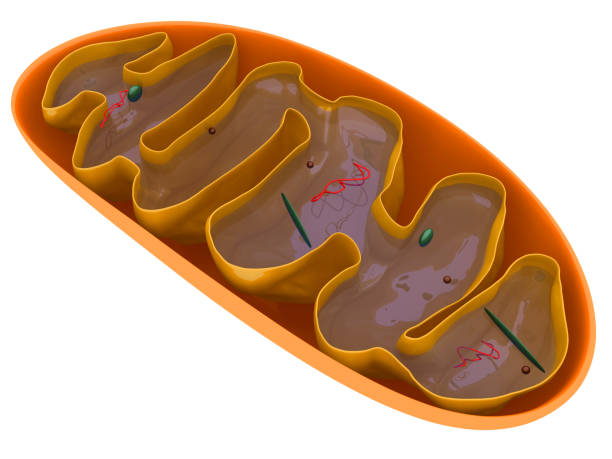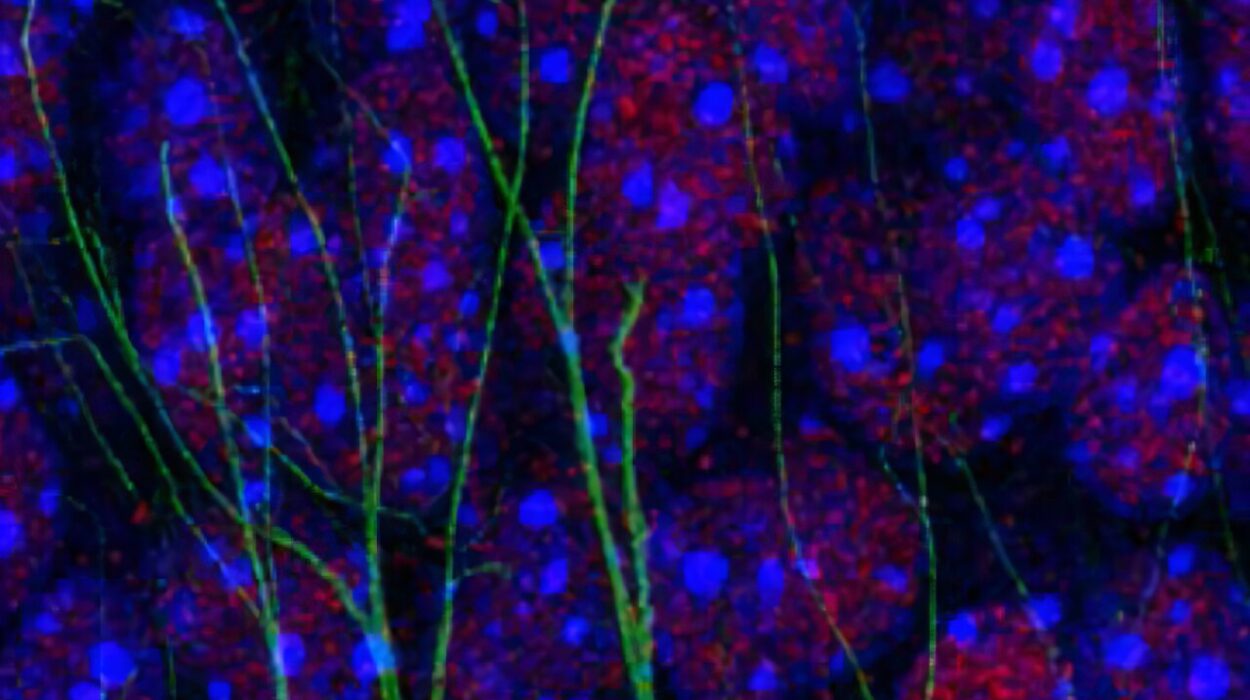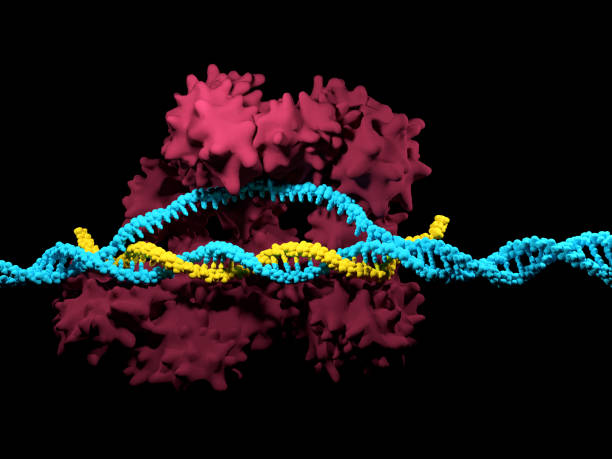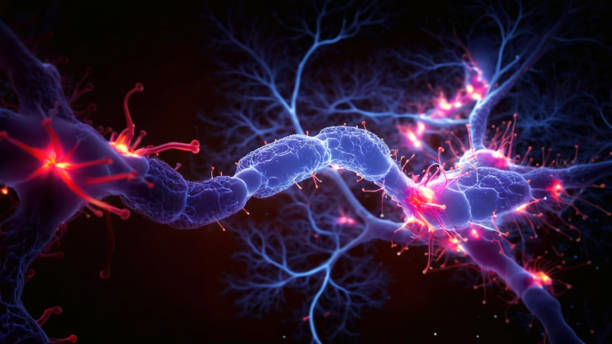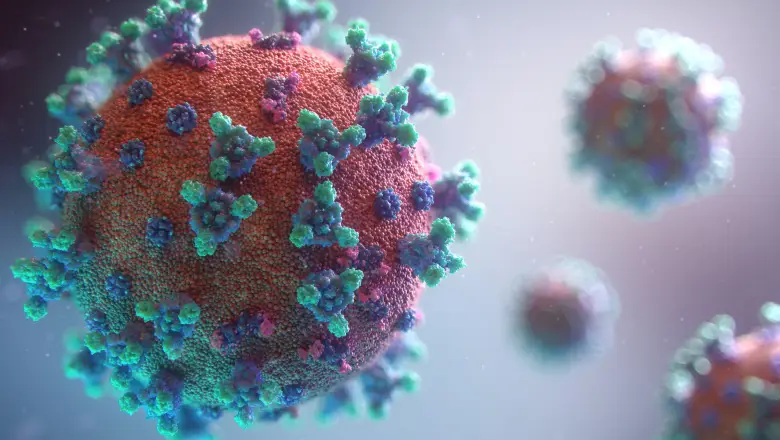Deep within every cell of the human body lies a bustling power station: the mitochondrion. Often called the “powerhouse of the cell,” mitochondria generate the energy that keeps us alive, driving everything from muscle contractions to brain activity. Without them, life simply cannot exist. But just as a power grid must be carefully balanced between energy production and consumption, so too must our cells maintain a delicate equilibrium between healthy mitochondria and damaged ones. If this balance tips too far in one direction, disease can follow.
Now, researchers in Italy have identified a crucial “switch” that governs this mitochondrial balance. The discovery, recently published in Science Advances, shines a light on a protein called phosphatase B55 (PP2A-B55alpha). This protein appears to act as a master regulator of mitochondrial homeostasis—ensuring that damaged mitochondria are cleared away while new ones are formed only when necessary. The implications are breathtaking, ranging from new approaches to treating Parkinson’s disease to strategies for battling rare mitochondrial disorders and even cancer.
The Fragile Dance of Mitochondria
Mitochondria are not static objects. They are constantly changing, fusing together, splitting apart, being repaired, or removed entirely in a process called mitophagy. This dynamic life cycle ensures that only the healthiest organelles remain active, providing reliable energy for the cell.
When this balance fails, trouble begins. In Parkinson’s disease, for example, mitochondria in dopaminergic neurons—the brain cells that produce dopamine—are gradually lost or damaged. As these neurons die, motor symptoms such as tremors, rigidity, and slowed movement emerge. In rare genetic mitochondrial diseases, the imbalance can cause weakness in muscles, vision problems, or neurological decline. Even in cancer, mitochondria are central to a tumor’s ability to survive and adapt to treatments.
Maintaining mitochondrial equilibrium is therefore essential. And this is precisely where B55 steps in.
B55: A Master Regulator
The Italian research team, led by Professor Francesco Cecconi of Università Cattolica and Professor Valentina Cianfanelli of Roma Tre University, uncovered B55’s extraordinary dual role.
On one side, B55 encourages the removal of defective mitochondria by stimulating mitophagy, the highly selective cellular process that prevents damaged organelles from becoming toxic. On the other side, it reins in the creation of new mitochondria by stabilizing the master regulator of mitochondrial biogenesis.
In essence, B55 keeps the see-saw balanced. Too much mitophagy, and cells lose too many mitochondria, running out of energy. Too little, and damaged mitochondria accumulate, poisoning the cell. By acting as a guardian of equilibrium, B55 ensures that cells neither starve for power nor drown in dysfunction.
A Crucial Link to Parkinson’s
The story becomes even more compelling when considering B55’s relationship with Parkin, a protein already known to play a central role in Parkinson’s disease. Parkin helps tag damaged mitochondria for elimination, and when it malfunctions, neurons accumulate faulty organelles, leading to degeneration.
Cecconi and Cianfanelli’s work shows that B55 interacts with Parkin directly, fine-tuning the processes of both mitophagy and biogenesis. In animal models of Parkinson’s disease—specifically, fruit flies engineered to mimic the condition—researchers found that reducing the levels of B55 improved motor symptoms and corrected mitochondrial defects. Importantly, these beneficial effects required Parkin’s presence, underscoring the intimate partnership between the two proteins.
For the first time, scientists had identified a potential way to intervene in the mitochondrial chaos that underlies Parkinson’s.
Imagining New Therapies
What if drugs could be developed to specifically target B55? Imagine small molecules designed to enter the brain, reach the vulnerable dopaminergic neurons, and adjust B55 activity so that mitochondria remain in balance. Such a therapy could potentially slow or even halt the progression of Parkinson’s disease, offering hope to millions of patients worldwide.
But the promise does not end there. Because B55 regulates a universal cellular process—mitochondrial quality control—it could be harnessed against a variety of conditions. In mitochondrial myopathies, where patients suffer muscle weakness due to organelle defects, fine-tuning B55 might restore healthier function. In oncology, where cancer cells manipulate their mitochondria to resist treatment, B55 modulation could tip the balance back against the tumor.
The idea of a “universal drug” that helps cells everywhere in the body restore mitochondrial balance is bold, but it no longer seems impossible.
The Emotional Weight of Discovery
Scientific research is often described in technical language, but discoveries like this one resonate on a human level. Parkinson’s disease robs individuals of independence and dignity, gradually silencing their ability to move, speak, and live freely. Families affected by rare mitochondrial disorders often endure years of uncertainty, misdiagnoses, and limited treatment options. Cancer continues to claim millions of lives despite incredible advances.
Against this backdrop, uncovering a cellular switch with the potential to change outcomes feels deeply hopeful. It reminds us that biology is not static—that within the smallest details of our cells lie secrets waiting to be revealed, secrets that could shift the trajectory of disease.
Looking Ahead
The path from discovery to therapy is long and challenging. Researchers must now identify safe and effective molecules capable of modulating B55 in humans. These compounds will need to pass rigorous testing in preclinical models before reaching clinical trials. The brain, with its protective barriers and delicate networks, presents particular hurdles. Yet the roadmap is clear, and the potential reward is immense.
As Professors Cecconi and Cianfanelli emphasize, future studies will expand beyond Parkinson’s, probing whether B55 modulation could be beneficial in other neurodegenerative conditions or rare mitochondrial disorders. Scientists will also examine how tumors exploit mitochondrial regulation and whether B55 could become a new vulnerability in cancer treatment.
A Window Into Life’s Machinery
At its core, the discovery of B55’s role is not only about disease but about understanding life itself. Mitochondria represent one of the most elegant and mysterious aspects of biology—tiny descendants of ancient bacteria that took up residence in our cells billions of years ago, now indispensable to our survival. To learn how cells control their numbers and quality is to glimpse the fine-tuned orchestration that keeps us alive.
And so, the story of B55 is both scientific and profoundly human. It is about scientists in Rome asking questions of nature and uncovering answers that ripple outward, offering hope for patients, insight for doctors, and wonder for all of us who marvel at the complexity of our bodies.
The Dawn of a New Chapter
Every major breakthrough in medicine begins with a moment of recognition—a sudden clarity about how life works at its most fundamental level. The discovery of B55’s pivotal role in mitochondrial regulation may be such a moment.
It is a reminder that even within the most familiar structures of our biology, mysteries remain. It is a promise that science continues to peel back those mysteries, not only to satisfy curiosity but to ease suffering. And it is an invitation—to imagine a future where Parkinson’s disease, mitochondrial disorders, and even certain cancers can be fought by flipping a cellular switch, restoring the balance that life itself depends upon.
In the intricate symphony of biology, B55 has emerged as a conductor. And perhaps, with time, its melody will become the foundation of therapies that change countless lives.
More information: Valentina Cianfanelli et al, The PP2A-B55α phosphatase is a master regulator of mitochondrial degradation and biogenesis, Science Advances (2025). DOI: 10.1126/sciadv.adw7376
